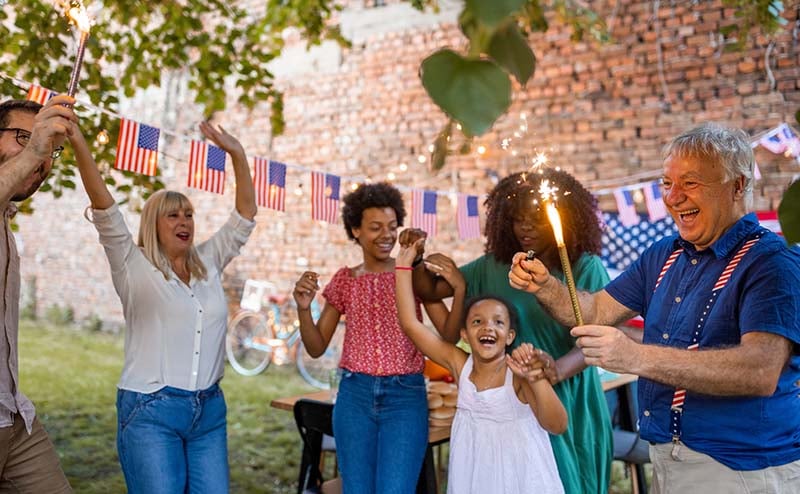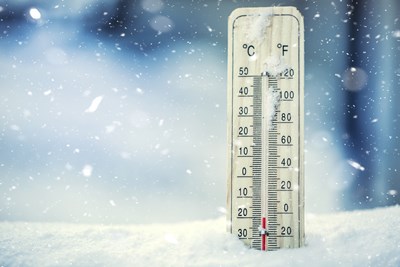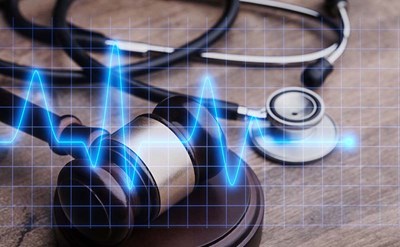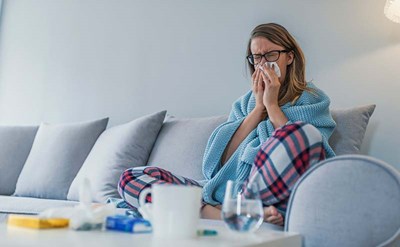WASHINGTON, D.C.—The American College of Emergency Physicians (ACEP) has a few safety suggestions so that people celebrating the Fourth of July can focus on fun, rather than spending time in the emergency department with an avoidable injury.
“Independence Day can be a busy time in the nation’s emergency departments,” said Christopher S. Kang, MD, FACEP, president of ACEP. “Many of the patients we typically see over the holiday could prevent an emergency by taking precautions and making safe choices, especially when it comes to avoiding severe burns or firework-related injuries.”
Whenever possible, leave the fireworks to the professionals. But, if choosing to launch your own fireworks, consider these safety tips:
- Purchase fireworks, sparklers, or other flammable items from legal sellers.
- Read and follow all safety instructions.
- Keep a bucket of water, hose, or fire extinguisher nearby.
- Keep flammable items away from children. That includes sparklers, which may seem harmless but can burn hot enough to melt metal. In fact, sparklers account for one in four firework-related emergency visits, according to the National Fire Protection Association.
- Do not try to modify fireworks or re-light fireworks that malfunction.
- Do not ignite fireworks in containers. That could create dangerous shrapnel.
- Avoid horseplay with or near fireworks and other flammable items.
- Do not point fireworks at people or launch them toward anyone.
- Do not stand directly over fireworks when lighting them. After they are lit, back up immediately.
- Spray fireworks with water until soaked after use. Placing dry fireworks in a trash can create a fire hazard.
- Do not use fireworks under the influence of alcohol or drugs.
Outdoor grilling is another popular activity that can be dangerous when safety is not a priority. In 2022, there were 5,400 injuries treated in the emergency department injuries associated with grills, according to the Consumer Product Safety Commission.
Decrease the chance of burns, fires, and other grill-related emergencies by checking to make sure the grill works as intended. Never use a charcoal or propane grill indoors, in a garage, or on any flammable surface. Never leave a grill unattended. Use a grill brush that does not have wire bristles to prevent loose strands from getting into the food. Keep children and pets away from the grilling area. When finished, let the coals completely cool before properly disposing. Keep a fire extinguisher nearby.
With the heat rising in many areas, be sure to monitor sun exposure, use sunscreen, and stay hydrated.
“Have fun and be safe celebrating Independence Day,” said Dr. Kang. “But remember, if any sort of emergency occurs, emergency physicians work 24/7, even on holidays, and we will be ready to care for you.”
 American College of Emergency Physicians
American College of Emergency Physicians







